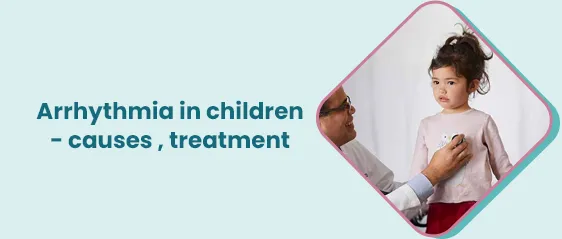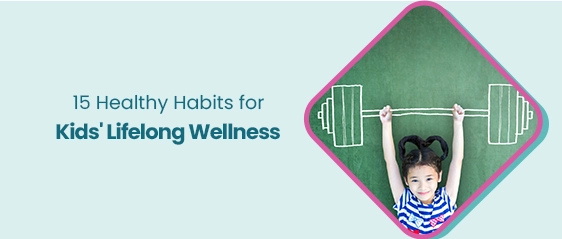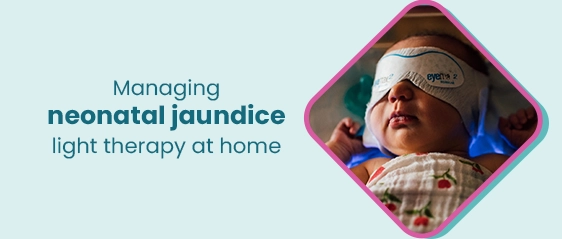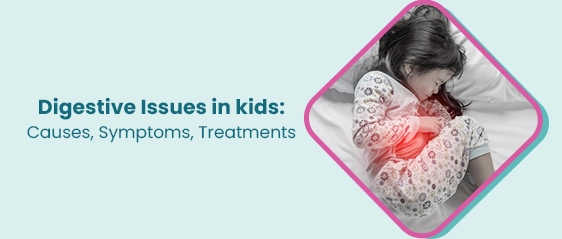Understanding Arrhythmia in Newborns: Causes, Effects, and Treatment
- 16 Aug 2023
Arrhythmia, an irregular heartbeat, can affect individuals of all ages, including newborns. This condition occurs when the heart beats too fast, too slow, or irregularly, disrupting the normal rhythm.
Types of Arrhythmia:
Arrhythmias can be classified into several types, each affecting the heart's rhythm differently:
- Bradycardia: A slow heart rate, where the heart beats too slowly, potentially causing inadequate blood flow.
- Tachycardia: A fast heart rate, leading to rapid and irregular heartbeats.
- Supraventricular Arrhythmias: These originate above the heart's ventricles and include conditions like atrial fibrillation and atrial flutter.
- Ventricular Arrhythmias: These originate in the heart's ventricles and can be life-threatening, such as ventricular tachycardia and ventricular fibrillation.
Welcoming a newborn into the world is a wonderful moment, but it can also bring about concerns, particularly when it comes to the baby's health. One such concern is arrhythmia,if you find yourself worried about your newborn's heart health, keep reading to learn more.
The Main causes of arrhythmia in newborns:
- Congenital Heart Defects: Structural abnormalities in the heart's development can lead to abnormal electrical pathways, disrupting the heart's rhythm. These defects can include conditions like atrial septal defect (ASD), ventricular septal defect (VSD), and others.
- Maternal Health Issues: Certain health conditions in the mother during pregnancy, such as diabetes, autoimmune disorders, or thyroid problems, can increase the risk of arrhythmias in the newborn.
- Premature Birth: Premature births can result in the heart's electrical systems being undeveloped, which can cause arrhythmias.
- Hypoxia: Oxygen deprivation during pregnancy, labor, or delivery can damage the heart's electrical system and lead to arrhythmias in newborns.
- Infections: Infections during pregnancy, such as cytomegalovirusn or rubella, can affect the developing heart and lead to arrhythmias.
- Medications: Certain medications taken by the mother during pregnancy or given to the newborn can interfere with the heart's electrical signaling.
- Metabolic Imbalances: Abnormal levels of electrolytes (such as potassium, sodium, and calcium) can disrupt the heart's electrical impulses and cause arrhythmias.
- Genetic Factors: Some arrhythmias have a genetic basis, meaning they can be passed down from parent to child.
- Maternal Drug Use: The use of alcohol, tobacco or drugs during pregnancy can raise the possibility of arrhythmias in the newborn.
- Stress during Birth: Difficult or traumatic births, where the baby experiences stress, can lead to temporary arrhythmias.
If you suspect that your newborn might have an arrhythmia, it's crucial to consult a pediatrician or pediatric cardiologist for proper evaluation and guidance. Early detection and appropriate management can lead to better outcomes for the baby's health.
Effects on Newborns:
Arrhythmias in newborns can lead to various complications, including:
- Poor Oxygenation: Irregular heart rhythms can disrupt the blood's oxygen supply, potentially affecting the newborn's overall health and development.
- Neurodevelopmental Issues: Insufficient oxygen supply can impact the baby's brain development, leading to cognitive and developmental challenges.
- Congestive Heart Failure: Untreated arrhythmias can strain the heart and lead to heart failure, impacting the baby's growth and well-being.
Treatment Options:
Treatment for arrhythmia in newborns depends on the specific type and severity of the condition. Some common approaches include:
- Medications: Doctors may prescribe medications to regulate the heart rate and rhythm.
- Pacemaker: In cases of bradycardia, a pacemaker can be implanted to help maintain a normal heart rate.
- Cardioversion: This procedure involves using controlled electric shocks to restore a normal heart rhythm
- Catheter Ablation: For certain types of arrhythmias, catheter-based procedures can target and eliminate abnormal electrical pathways.
- Observation : For milder cases, doctors might choose to closely monitor the baby's heart rhythm to see if the condition improves on its own.
Consulting the Right Doctor:
When it comes to diagnosing and treating arrhythmia in newborns, it's crucial to consult a pediatric cardiologist or Cardiologist. These specialized doctors have expertise in diagnosing and managing heart conditions in children, ensuring that your newborn receives the best possible care.
Addressing Neurodevelopmental Issues:
If arrhythmia has caused neurodevelopmental issues, a multidisciplinary approach is often needed. Neurologists or Pediatric neurologists, developmental pediatricians, and physical therapists can work together to address cognitive and developmental challenges, ensuring your baby receives comprehensive care and support.
Frequently Asked Questions
1. What is an arrhythmia in newborns?
Arrhythmia in newborns refers to irregular heartbeats that can occur due to various factors affecting the heart's electrical system.
2. What are the common types of arrhythmias in newborns?
Common types include bradycardia (slow heartbeat), tachycardia (fast heartbeat), and supraventricular and ventricular arrhythmias.
3. How does arrhythmia affect a newborn's health?
Arrhythmia can lead to poor oxygenation, neurodevelopmental issues, and even congestive heart failure in newborns if left untreated.
4.What are the causes of arrhythmia in newborns?
Causes include congenital heart defects, maternal health conditions, premature birth, hypoxia, infections, medications, and genetic factors.
5. Can arrhythmia in newborns resolve on its own?
Some benign arrhythmias may resolve as the baby grows, but others require medical intervention for proper management.
6. How is arrhythmia in newborns diagnosed?
Diagnosis involves physical exams, electrocardiograms (ECGs), echocardiograms, and other tests to assess the heart's rhythm.
7. What are the treatment options for arrhythmia in newborns?
Treatments may include medications, pacemaker implantation, cardioversion, and catheter ablation, depending on the specific arrhythmia.
8. When should I consult a doctor about arrhythmia in my newborn?
If you notice any irregularities in your baby's heart rate or suspect arrhythmia, consult a pediatrician or pediatric cardiologist promptly.
9.Can arrhythmia affect a newborn's neurodevelopment?
Yes, untreated arrhythmia can lead to insufficient oxygen supply, potentially impacting a newborn's brain development and causing neurodevelopmental issues.
10. What are natural ways to boost breast milk supply?
Specialized doctors, such as pediatric cardiologists, have expertise in diagnosing and treating heart conditions in children, ensuring appropriate care for newborns.





